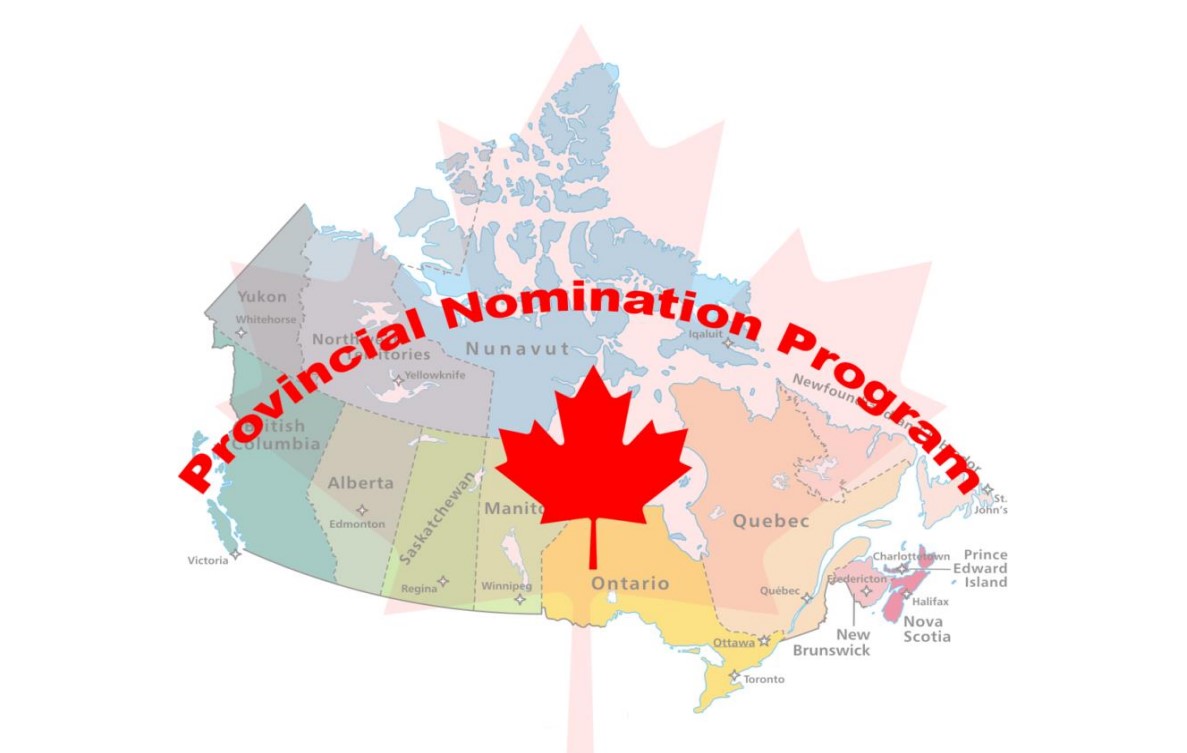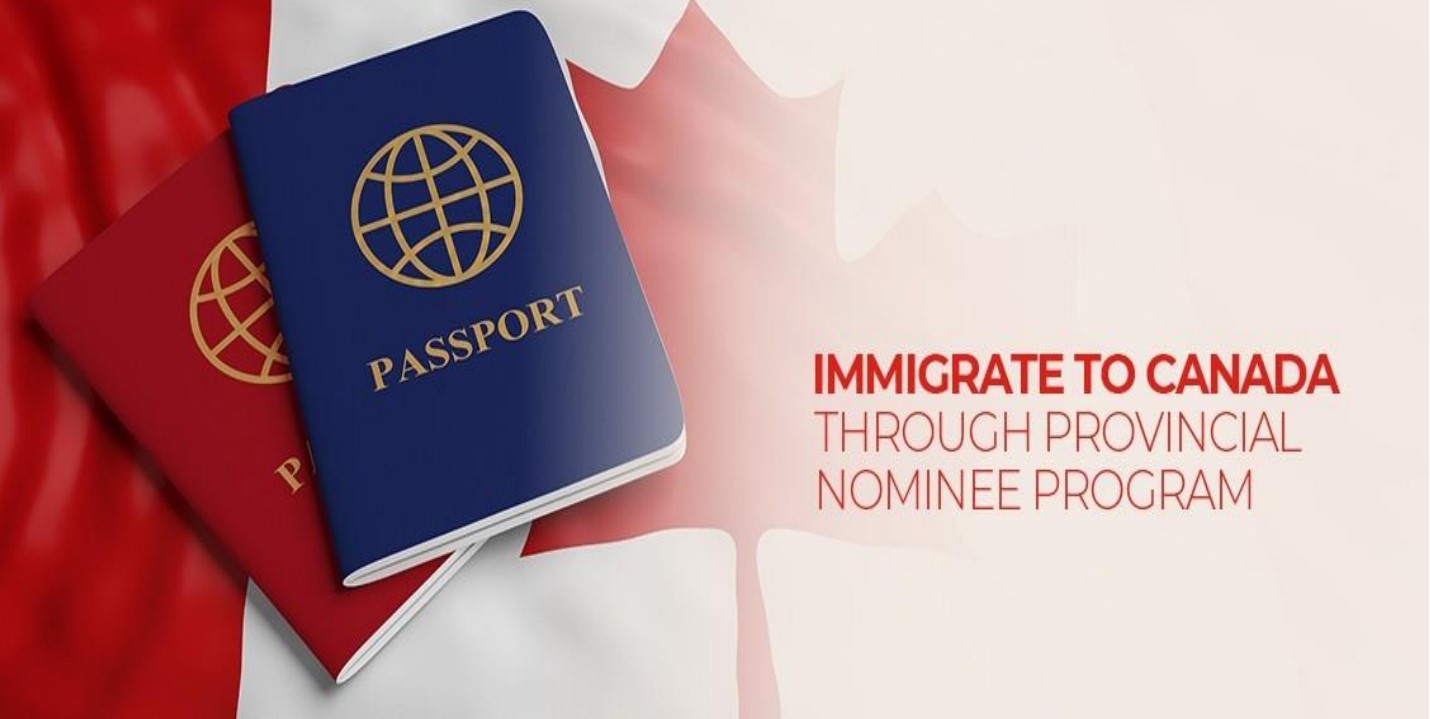Canada’s Provincial Nominee Programs (PNPs) are a key component of the country’s immigration policy. These programs allow individual provinces and territories to nominate immigrants who have the skills and experience needed to meet their specific economic needs. As such, PNPs play a critical role in supporting regional development across the country.
Each province and territory in Canada have its own PNP, which operates in accordance with federal guidelines. Under these programs, provincial governments can nominate individuals who have the skills and experience needed to support their local economies. Applicants who are nominated through a PNP can then apply for permanent residency in Canada.

One of the primary objectives of the PNPs is to promote economic development and growth in regions that may be facing labor shortages or other economic challenges. By attracting skilled immigrants who can contribute to the local economy, these programs can help to stimulate job creation, boost productivity, and support local businesses.
The PNPs also play an important role in supporting Canada’s broader immigration objectives. By encouraging skilled workers to settle in different parts of the country, these programs help to promote diversity and inclusivity in Canada’s immigrant population. This can have important social and cultural benefits, as well as economic benefits.
Another important aspect of the PNPs is their ability to respond quickly to changing economic conditions. Provincial governments can adjust their programs to reflect the evolving needs of their local economies, ensuring that the skills and experience of immigrants continue to meet the demands of the labor market.

In recent years, the federal government has taken steps to expand and streamline the PNPs. This has included increasing the number of candidates that provinces and territories can nominate, as well as simplifying the application process. These changes have helped to make the PNPs more accessible and effective in meeting the needs of Canadian employers.
Despite these positive developments, however, there are still challenges associated with the PNPs. One concern is that these programs may exacerbate existing disparities between different regions of the country. In some cases, the PNPs may attract skilled workers away from less prosperous regions, which could further exacerbate economic inequalities.

Another challenge is ensuring that immigrants who are nominated through the PNPs are able to successfully integrate into Canadian society. This can involve providing support and resources to help new immigrants navigate the challenges of settling into a new country and a new community.
Overall, the PNPs have proven to be an important tool in supporting regional development and meeting Canada’s broader immigration objectives. By attracting skilled workers to different parts of the country, these programs help to promote economic growth, diversity, and inclusivity. As Canada’s immigration policies continue to evolve, it is likely that the role of the PNPs will become even more important in supporting the country’s economic and social development.








